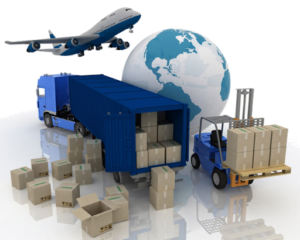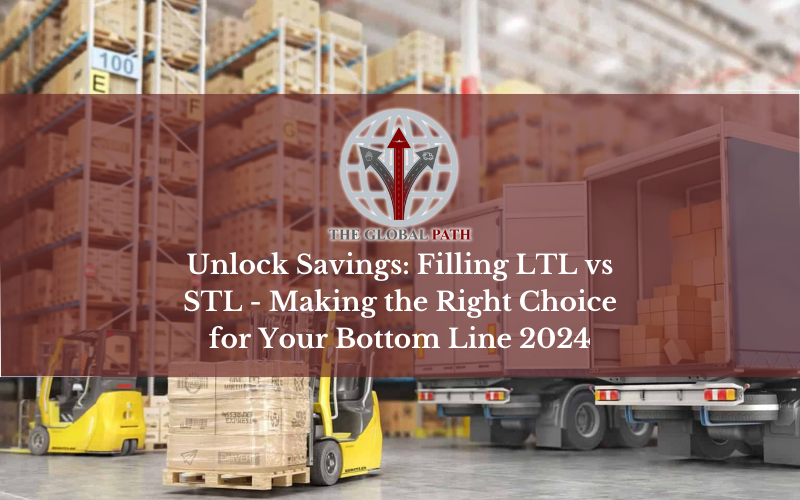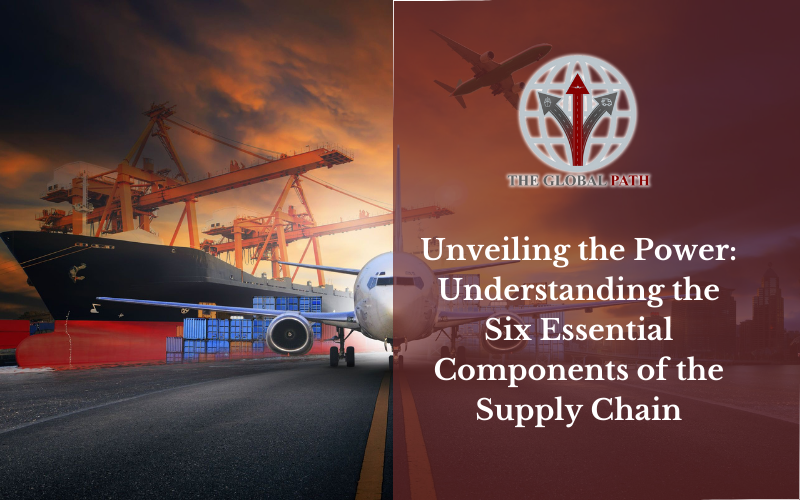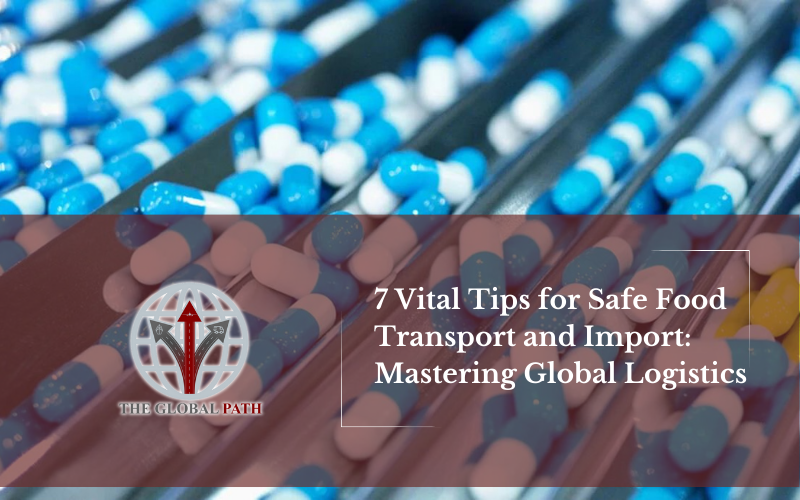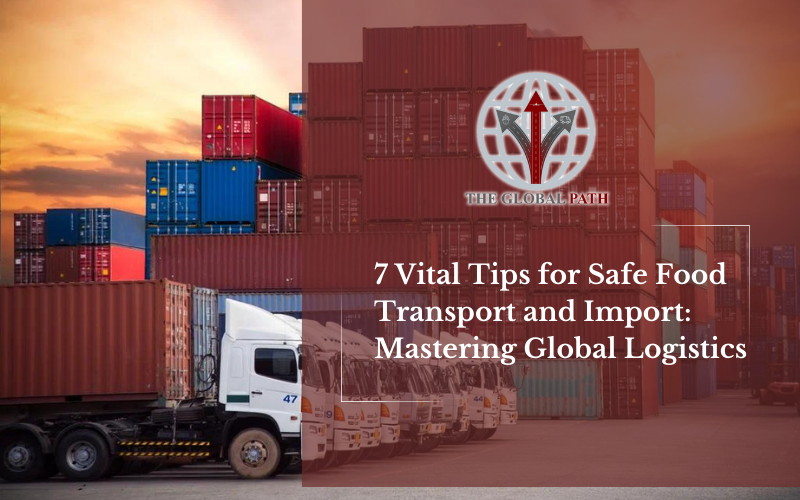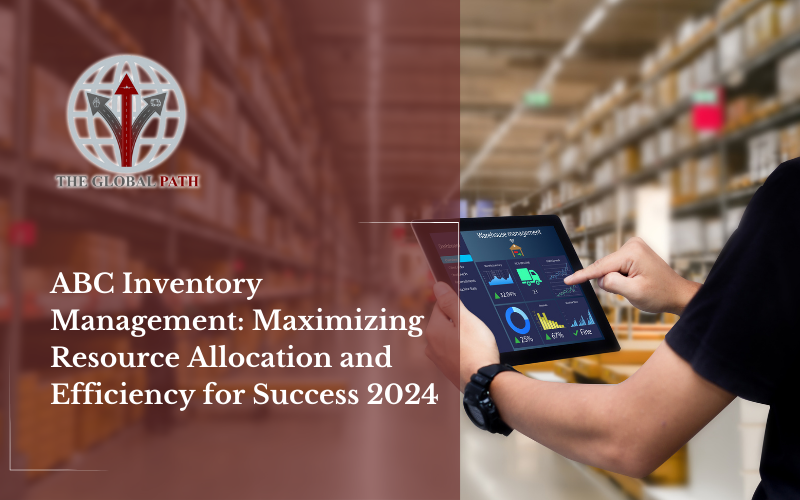At a time when environmental awareness is paramount, the logistics industry has a critical role to play in shaping a sustainable future. As the demand for efficient transportation and timely deliveries surges, so does the environmental impact of logistics operations. However, there’s a positive side – a multitude of pollution control measures can be implemented to reduce the ecological footprint of the logistics sector.
Clean Fuels for a Cleaner Future
Use of Cleaner Fuels is a significant pollution control measure in logistics, where traditional fossil fuels have significantly contributed to environmental degradation. Cleaner fuels offer a sustainable alternative, reducing the carbon footprint and minimizing the negative impact on air quality.
Reduction of Carbon Emissions
One of the most crucial benefits of cleaner fuels is their ability to reduce carbon dioxide emissions. Conventional diesel and gasoline fuels release pollutants like carbon dioxide (CO2), nitrogen oxides (NOx), and particulate matter into the atmosphere, contributing to global warming and air pollution. Cleaner fuels such as biodiesel, compressed natural gas (CNG), and electricity produce fewer emissions and help create a healthier and more sustainable environment.
- Biodiesel *produced from renewable natural resources like vegetable oils and animal fats, is a viable alternative to traditional diesel. It’s known for its lower carbon content and emissions of harmful pollutants. Logistics companies can integrate biodiesel into their vehicle fleet without major changes to existing diesel engines, making it a practical and environmentally friendly alternative.
- Natural Gas (CNG) *offers a cleaner burning alternative to traditional gasoline and diesel. It produces less carbon dioxide emissions and air pollutants, making it an environmentally friendly choice for transportation. Converting logistics vehicles to CNG may require an upfront investment in fueling infrastructure and engine changes, but the long-term environmental benefits make it a sustainable choice.
- Electric Vehicles (EV) *are becoming increasingly common in logistics as technology advances and charging infrastructure expands. Electric cars do not produce emissions, making them a key player in reducing air pollution. Logistics companies can add electric vans and trucks to their fleet by taking advantage of the growing network of charging stations and government incentives for sustainable transportation.
- Development of Hydrogen Fuel Cells *represents another promising avenue for achieving cleaner fuel in logistics. Vehicles powered by hydrogen fuel cells emit only water vapor and heat as a by-product, promoting emission-free traffic. Although hydrogen infrastructure is currently limited, ongoing research and development are addressing these challenges, paving the way for wider adoption of this technology in the logistics industry.
The Power of Proper Maintenance
Ensuring good maintenance of logistics equipment significantly reduces environmental impacts, improves fuel efficiency, and extends the life of vehicles. Here’s a comprehensive explanation of the importance and components of regular vehicle maintenance in relation to pollution control:
- Optimizing Engine Performance * Regular maintenance includes routine checks and adjustments to a vehicle’s engine. This includes changing the oil, air filters, and fuel filters. An optimally functioning engine burns fuel more efficiently, which reduces emissions and fuel consumption. Properly tuned engines also produce less pollution and contribute to a cleaner environment.
- Tire Care * Adequate tire care is essential for fuel economy. Underinflated tires increase rolling resistance, requiring more fuel to drive the vehicle. Regular tire rotation and alignment ensure even wear and better fuel economy. By maintaining proper tire pressure, logistics companies can reduce their carbon footprint and operating costs.
- Emission System Control * A vehicle’s emission control system plays a vital role in reducing harmful pollutants released into the atmosphere. Regular inspections and maintenance of components like the catalytic converter and oxygen sensors help ensure that the vehicle meets emission standards. Correcting problems promptly will prevent excess emissions and contribute to cleaner air quality.
- Checking and Changing Fluids * Various fluids, such as coolant, transmission fluid, and brake fluid, play a crucial role in vehicle performance. Regular inspection and timely replacement of these fluids will prevent engine overheating, transmission and brake system malfunctions. Properly functioning systems are more fuel-efficient and generate less pollution.
- Promotion of Eco-Friendly Driving Practices * In addition to physical maintenance, regular vehicle inspection offers an opportunity to promote ecological driving habits among logistics specialists. Training programs can be used to educate drivers on fuel-efficient driving techniques such as maintaining a steady speed, avoiding excessive idling, and reducing aggressive acceleration. These practices not only save fuel but also reduce emissions.
Optimizing Logistics for a Sustainable Future
Logistics optimization is an important pollution control measure in the logistics industry that focuses on streamlining operations to minimize environmental impact. This strategy involves effective management of resources, routes, and processes to reduce fuel consumption, emissions, and improve overall sustainability. Here’s a detailed explanation of how logistics optimization contributes to pollution control:
- Route Optimization * Logistics optimization starts with efficient planning of transport routes. By using advanced technologies such as GPS, real-time traffic data, and route optimization algorithms, companies can identify the most fuel-efficient and time-saving routes. This strategy encourages a more circular and sustainable system by cutting waste as well as the overall need for new packaging materials.
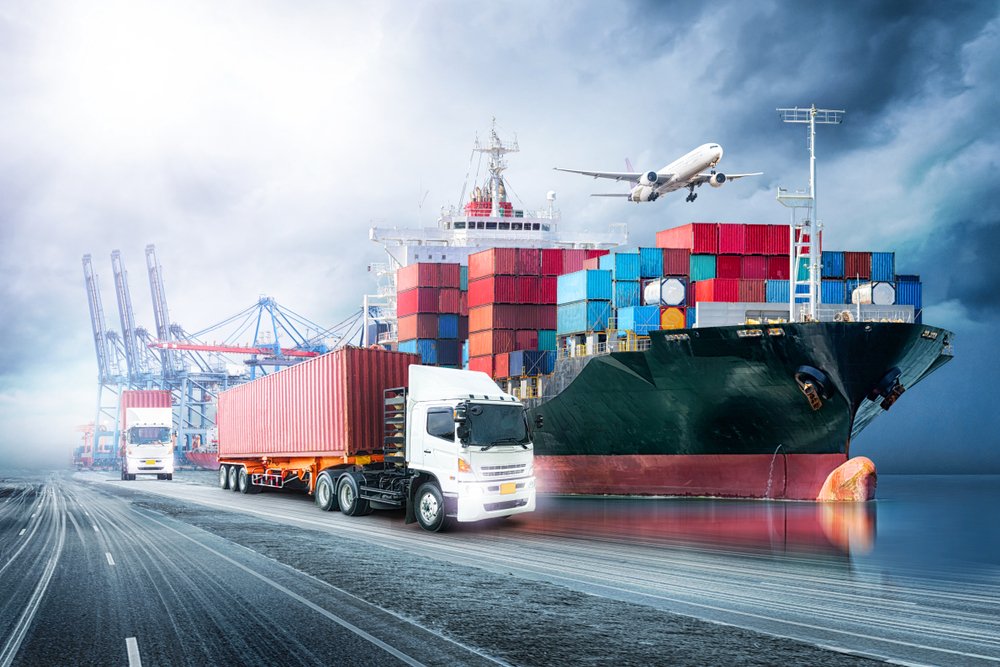
Conclusion:
In conclusion, as the logistics industry evolves, prioritizing sustainability becomes increasingly imperative. Embracing pollution control measures like utilizing cleaner fuels, maintaining vehicles diligently, and optimizing logistics operations not only reduces environmental impact but also fosters a healthier future for our planet. Logistics companies can significantly diminish carbon emissions and air pollutants by transitioning to cleaner fuels such as biodiesel, natural gas, and electric vehicles. Moreover, regular maintenance practices ensure optimal engine performance and fuel efficiency, further mitigating pollution. Implementing eco-friendly driving practices and optimizing logistics routes are additional steps towards a sustainable future. Through concerted efforts and a commitment to green practices, the logistics industry can lead the way in fostering environmental stewardship and contributing to a cleaner, greener world for generations to come.


